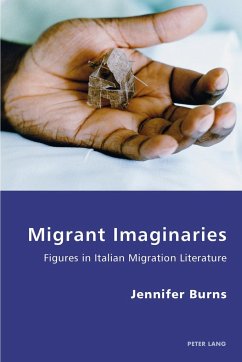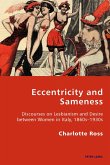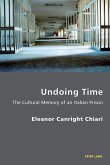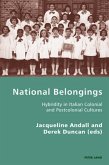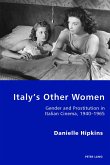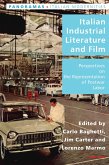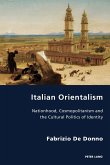This book addresses a rich corpus of contemporary narratives by authors who have come to Italy as migrants. It traces the figurative commonalities that emerge across these diverse texts, which together suggest the shape and substance of what might be termed 'migrant imaginaries'. Examining five central figures and concepts - identity, memory, home, place and space, and literature - across a range of novels and stories by writers of African and Middle Eastern origin, the study elucidates the affective and expressive processes that inflect migrant story-telling. Drawing on the work of cultural theorists such as Sara Ahmed and Michel de Certeau, as well as on recent work in postcolonial literary studies, memory studies, human geography and feminist theory, the book probes the varied works of Shirin Ramzanali Fazel, Amara Lakhous, Mohsen Melliti, Younis Tawfik and many others. Each chapter posits alternative interpretations of the ways in which the interior experience of encounters across territories, cultures and languages is figured in this literature. In doing so, the book moves towards a wider apprehension of recent Italian migration narratives as suggestions of what a new notion of contemporary 'Italian' literature might look like, figured at once within and beyond the boundaries of a national literature, a national language and a national cultural imaginary.
Bitte wählen Sie Ihr Anliegen aus.
Rechnungen
Retourenschein anfordern
Bestellstatus
Storno

